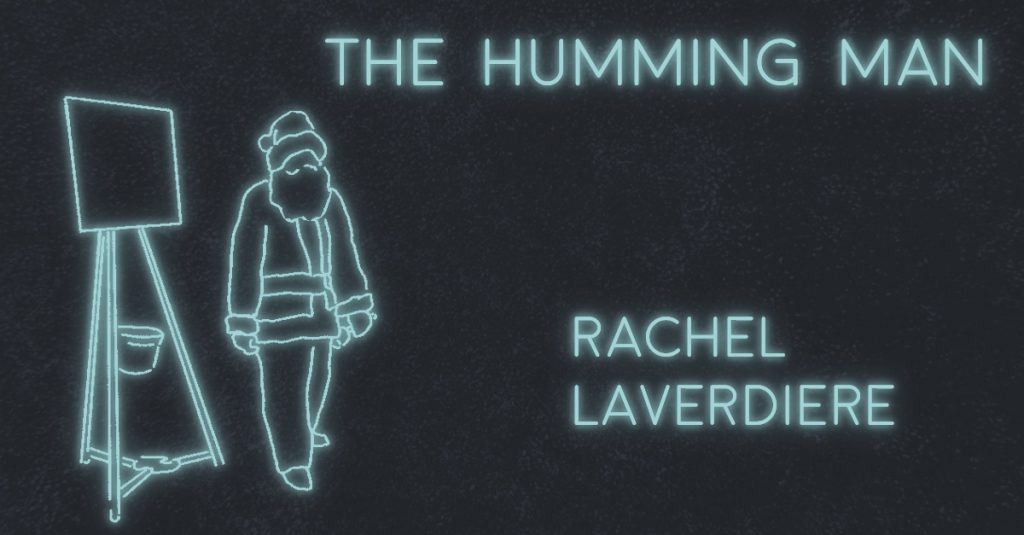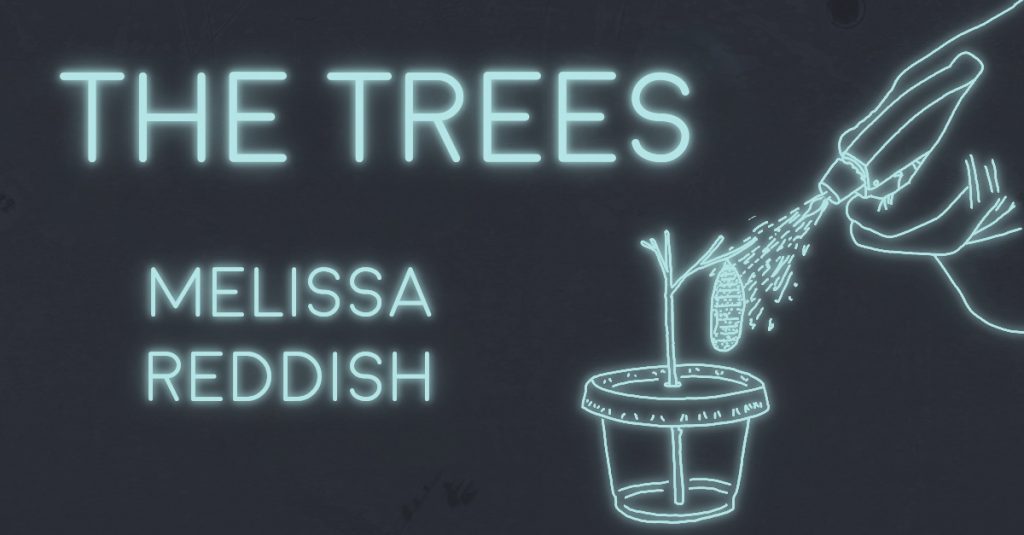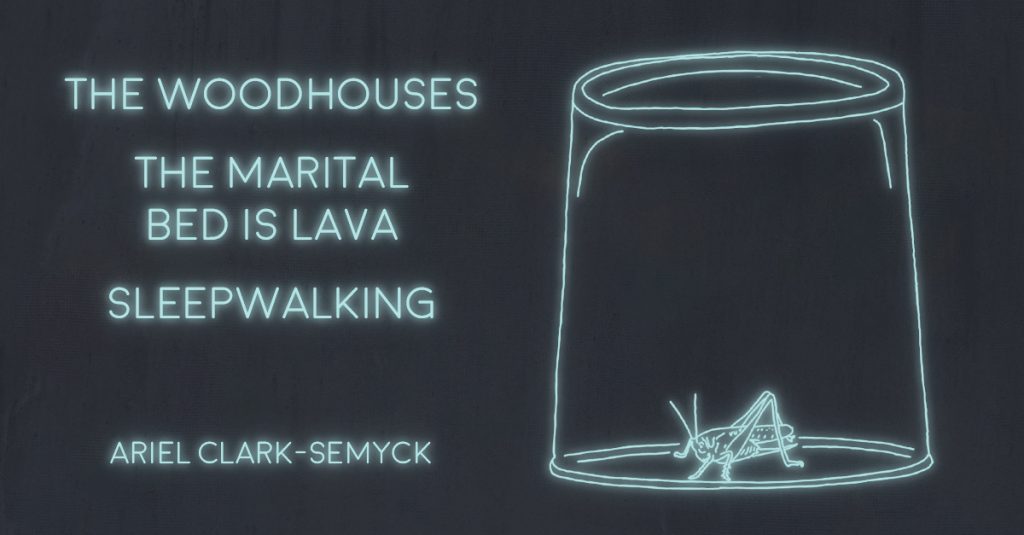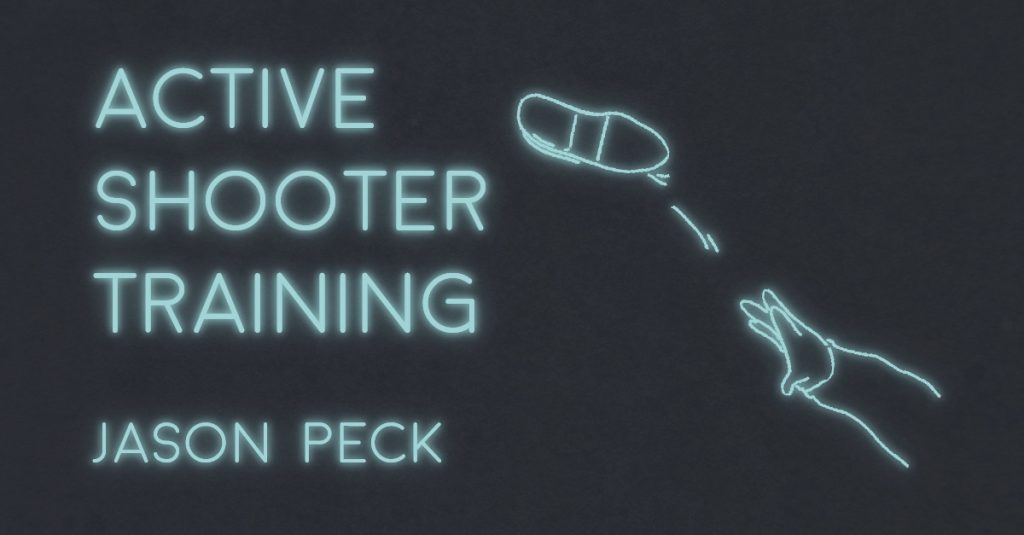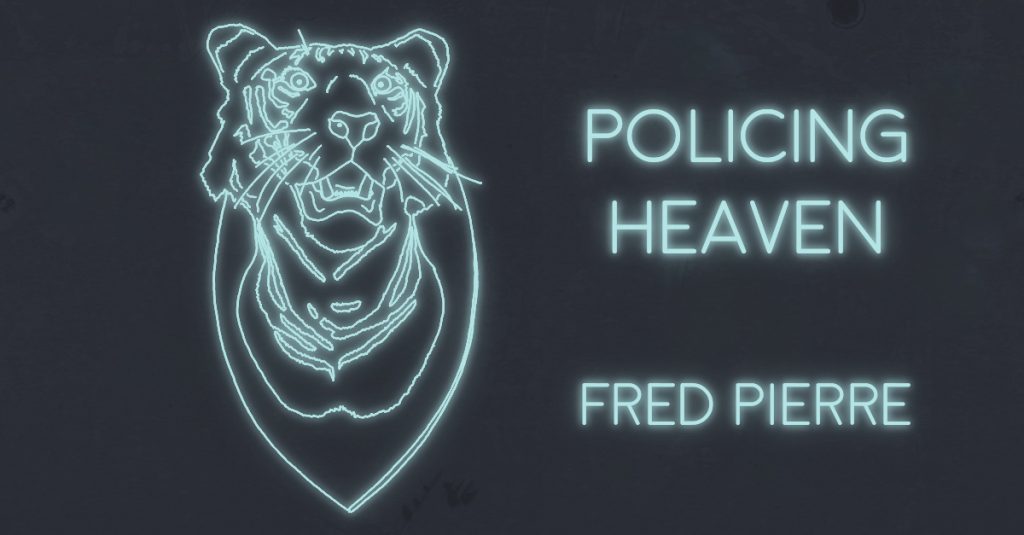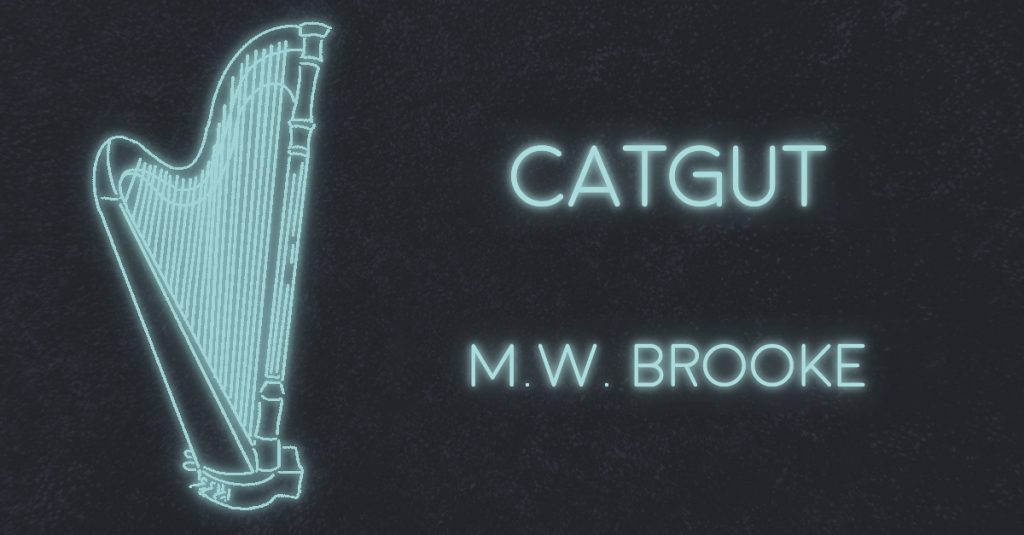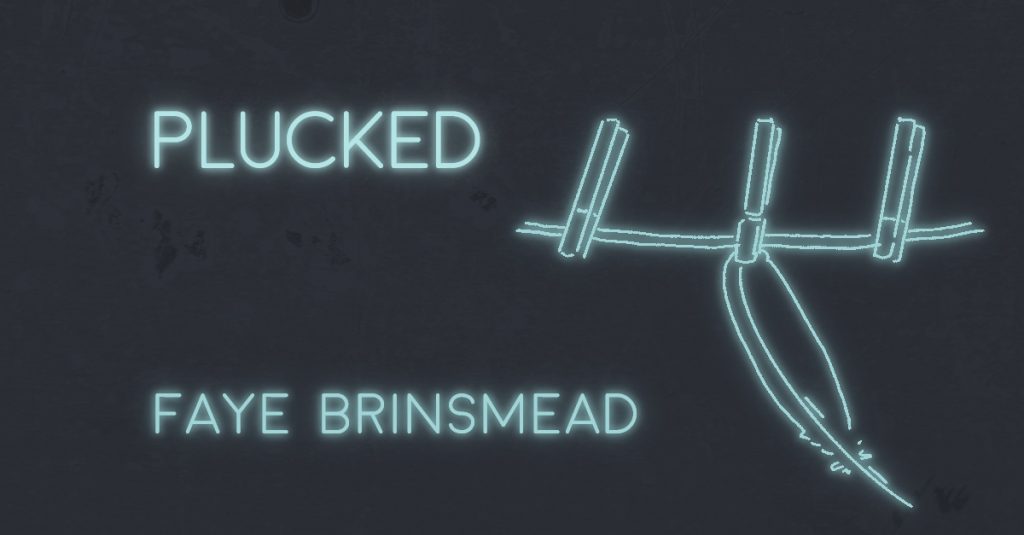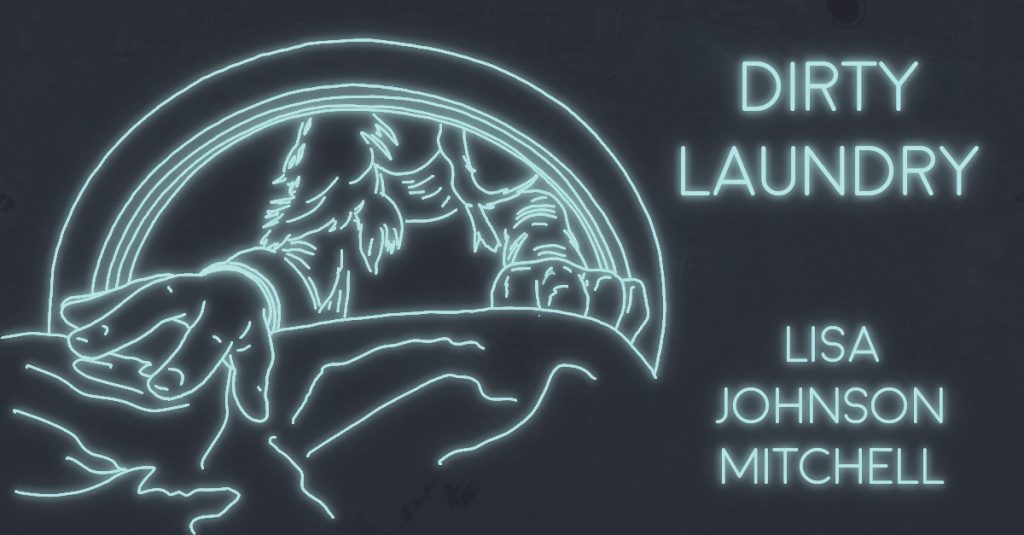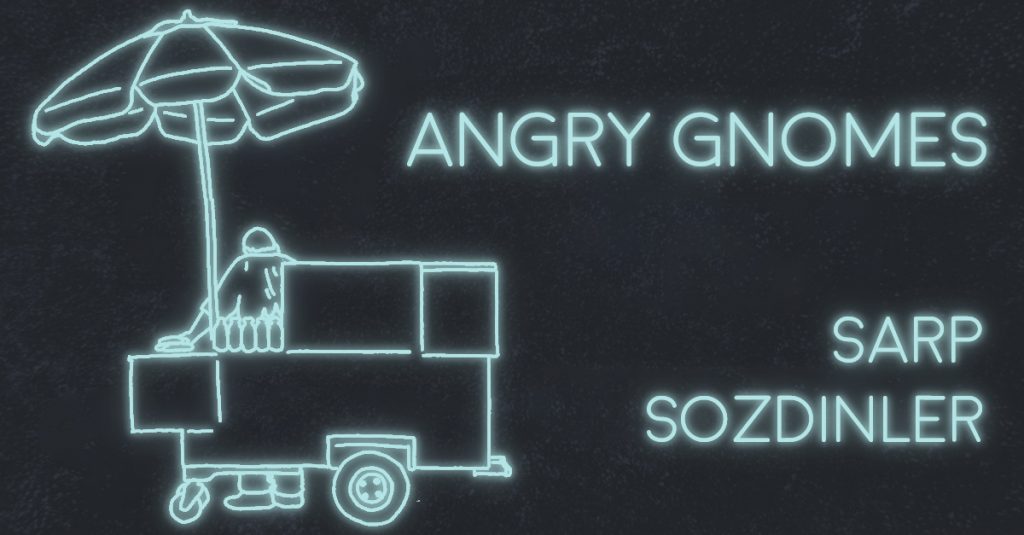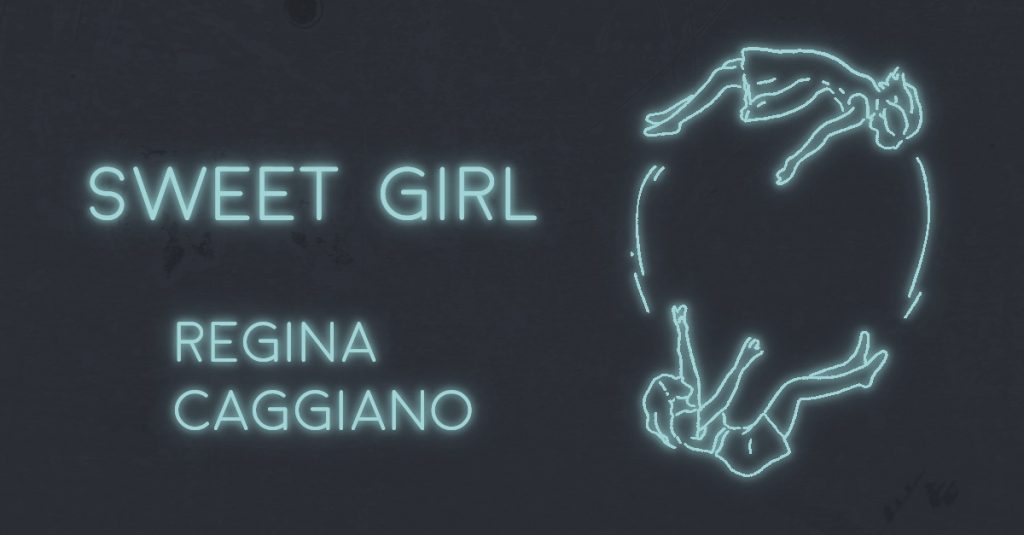
SWEET GIRL by Regina Caggiano
The difference between her and me is that only one of us is sweet. There may be other variables at work but none of them weigh nearly so much. I have learned this in a month and a half of living beside her blue bedroom. Case A: she is always walking around the house in ball-busting heels. Case B: when cooking for guests she is undaunted by expiration dates. What she wants and what she does are often in 1:1 ratio and she will always tell you the necessary truth, but no more. When we go out to neon bars…

